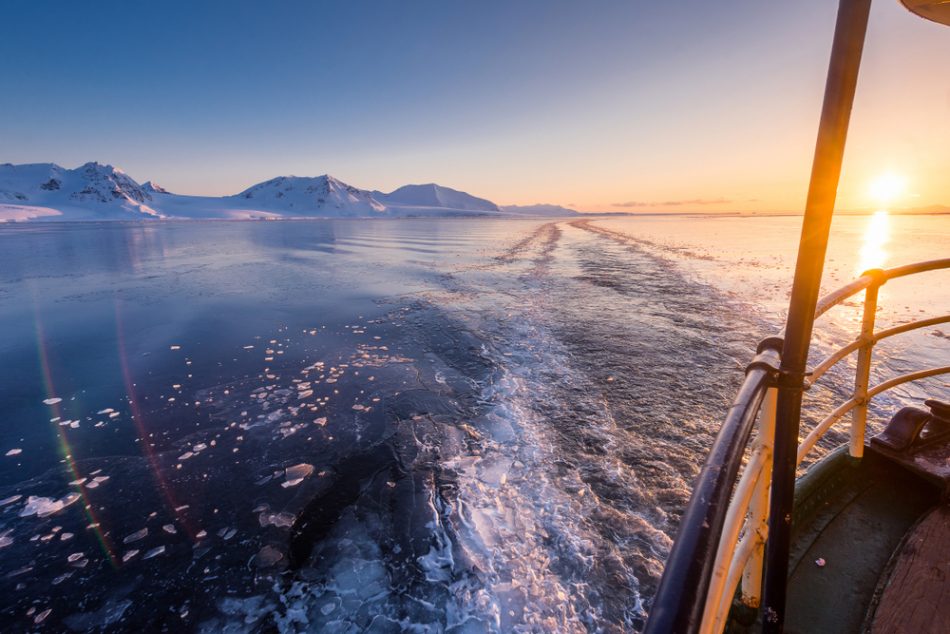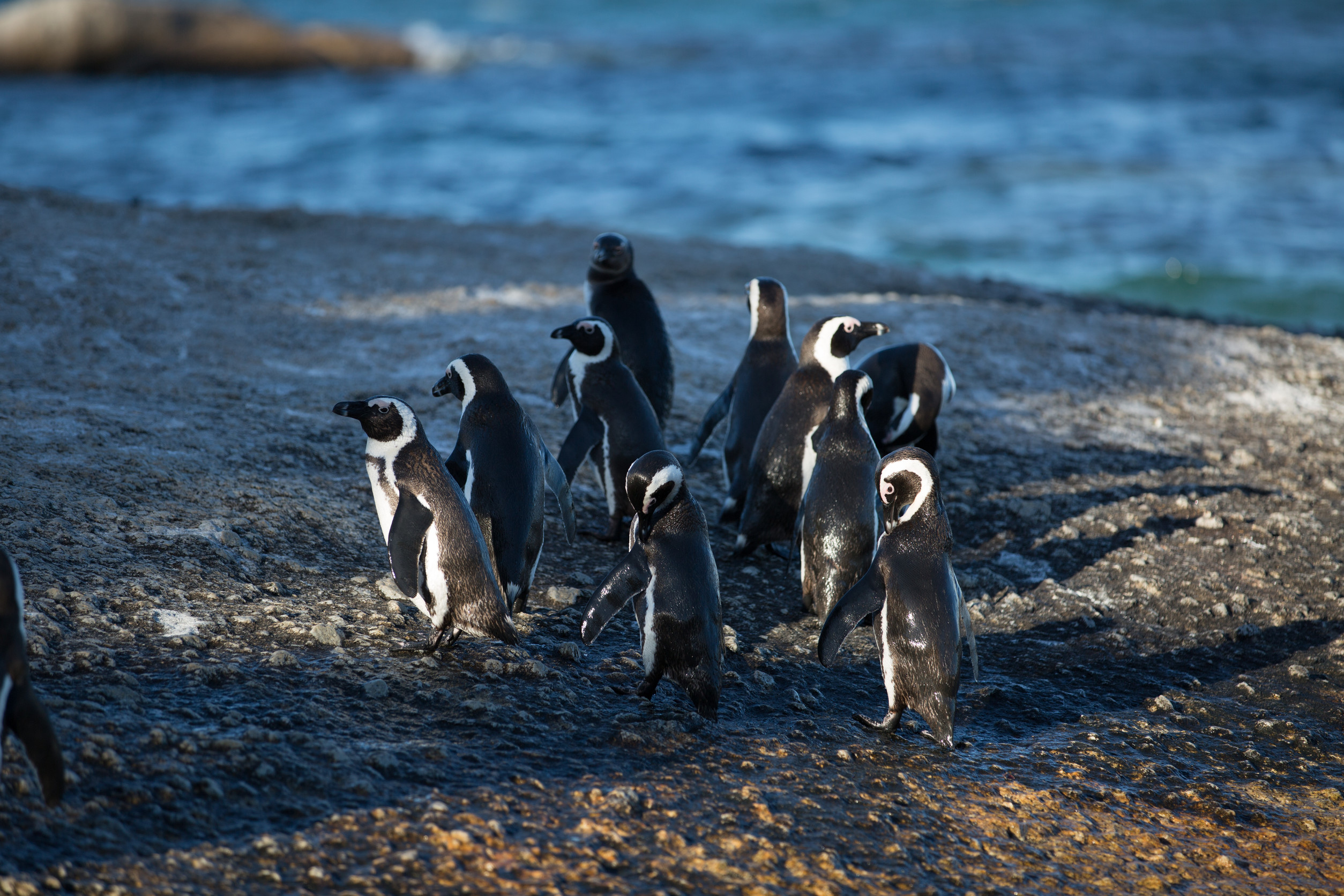Can you imagine discovering an entirely new island? Does it even seem possible that there are places on this earth that have yet to be discovered? Well, indeed there are!
It was recently reported that researchers seeking data about microscopic life in the Arctic stumbled upon a previously undocumented and incredibly important discovery: the world’s northernmost island.
When the team of Swiss and Danish scientists arrived via helicopter on the tiny island off the northern coast of Greenland, they assumed they had landed on their intended destination of Oodaaq Island. Their brief research expedition lasted about 20 minutes, data was collected, and they journeyed on their way. It was just “one of a hundred sites” the team visited, says expedition leader Morten Rasch of the University of Copenhagen, while collecting samples for themselves and other scientists around the world.
The realization that they actually were not on Oodaaq and instead had landed on a yet to be discovered island came about later when their accompanying Danish journalist, Martin Breum noticed in his notes that he and the team were more than 80 miles off the mark.
This newly discovered, and still unnamed island measures no more than 100 to 150 feet across and has an altitude of 10 to 13 feet above sea level. It may have been previously undiscovered as it was perhaps covered in ice-pack or, even more exciting to consider, may have been newly formed!
Stephen Royle, an emeritus professor of geography at Queen’s University Belfast and author of Islands: Nature & Culture, explains, “Well, [the island] might’ve been covered by pack ice or… maybe it’s only been recently formed by storm events.”
It’s important to note that this island might also not be here for long as land masses are still changing.
What we appreciate about this story at The Optimist Daily is the reminder that our beautiful planet is ever changing and we recognize that new discoveries can still be made when serendipity is given a chance to participate in science.











